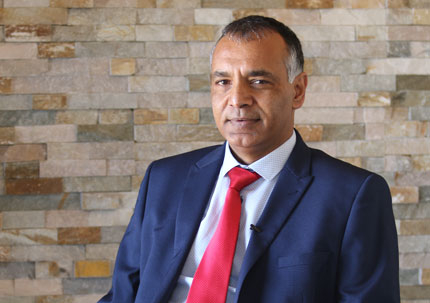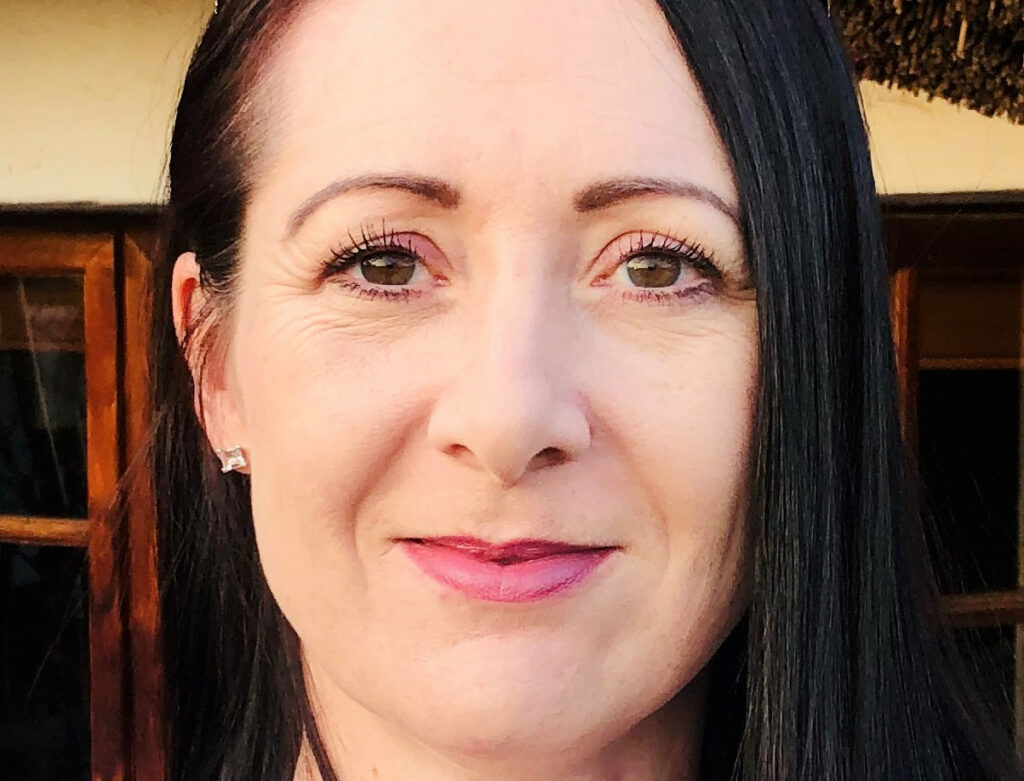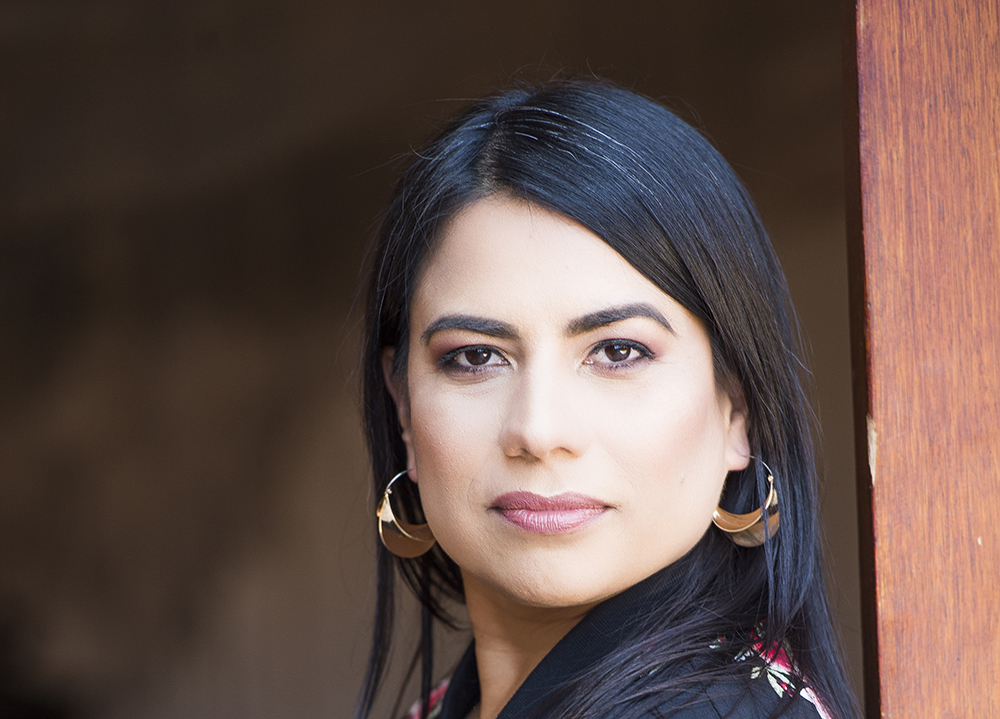Dr Stan Moloabi is Principal Officer at Government Employees Medical Scheme (GEMS).
This webinar was sponsored by the Government Employees Medical Scheme (GEMS). Guest speakers included Dr Stan Moloabi, Principal Officer at GEMS; Prof Shabir Madhi, Professor of Vaccinology: University of Witwatersrand (Wits); Director: MRC Vaccines and Infectious Diseases Analytics Research Unit (VIDA); DST/NRF South African Research Chair: Vaccine Preventable Diseases and Co-director African Leadership in Vaccinology Expertise (ALIVE); and Prof Marietjie Venter, Head: Zoonotic, Arbo and Respiratory Virus Programme, Professor, Department Medical Virology, University of Pretoria (UP). It was moderated by Marcelle Gordon, Anchor on TV news channel eNCA.
If the year 2020 was a graph, it would be one with several peaks, and several troughs. The number of Covid cases has spiked, dipped and is spiking again. The number of tests performed has surged up and down. The output of the GDP has crashed colossally and then regained some ground.
Progress with Covid-19 vaccines has done the same. As we witness the resurgence of Covid-19 cases in our South Africa, we’re also reaching a peak period, vaccine-wise. Several Covid-19 vaccines havie now reached the stage of viability, approval and rollout. Some of the fortunate first in the globe have already received their first jabs.
 Professor Shabir Madhi, Professor of Vaccinology in the School of Pathology at the University of the Witwatersrand (Wits) and Director of Medical Research Council Vaccines and Infectious Diseases Analytics Research Unit (VIDA)
Professor Shabir Madhi, Professor of Vaccinology in the School of Pathology at the University of the Witwatersrand (Wits) and Director of Medical Research Council Vaccines and Infectious Diseases Analytics Research Unit (VIDA)But where does this place us, at the tip of Africa, in a struggling economy that has fared better thus far (from a health perspective) than many other countries did in the pandemic? Not very well, according to Professor Marietjie Venter. In her opinion, South Africa is a long way from enjoying the benefits of the Covid-19 vaccine en masse.
“We do at the moment see light at the end of the tunnel with the vaccines finally coming out,” she said, however, “it’s not going to be a quick road for us in South Africa. We are still quite far away from the majority of our population receiving vaccines.”
Professor Shabir Madhi agreed. “The resurgence, as you know, is already upon us, and it’s highly unlikely that we’re going to get even one dose of Covid-19 vaccine to be used on the public before about April of next year, by which time the resurgence would probably already have peaked,” he said.
With four Covid-19 vaccine trials under our belt, South Africa was strongly situated to gain early access to reasonable quantities of an approved vaccine, Madhi argued. “But unfortunately there’s been a problem in terms of planning. I think South Africa … was not proactive in terms of engaging with other companies.” Because South Africa didn’t use its participation in the vaccine trials as a bargaining chip with those producing the vaccines, “we’ve pretty much gone down in the pecking order in terms of when we’re likely to gain access to any meaningful quantity of Covid-19 vaccines”.
In Madhi’s opinion, the government should be expediting the process of getting vaccines into the country. One way to do that, he argues, is to piggyback on the approval of other regulatory bodies rather than taking months to approve them locally. “We don’t have the luxury of waiting [another] three to six months,” he said.
 Prof Marietjie Venter, Head: Zoonotic, Arbo and Respiratory Virus Programme, Professor, Department Medical Virology, University of Pretoria
Prof Marietjie Venter, Head: Zoonotic, Arbo and Respiratory Virus Programme, Professor, Department Medical Virology, University of PretoriaLong, expensive clinical trials may also be unnecessary, he said. For example, an internationally-developed vaccine could be tested for local application by testing whether the immune responses of people in one country are comparable to the immune responses of the people where the vaccine has already been trialed. This would need to be complemented by “some sort of surveillance”, but not necessarily a fully-fledged clinical trial.
Meanwhile, as we await the arrival of the vaccine on South African shores, Venter says that there is value in understanding its benefits. “It’s important that we all understand how the vaccine can help us, [and] that if the vaccine becomes available, [whether] people are willing to take it,” she said.
And there’s work to be done in this regard. Many South Africans have expressed reservations around taking the injection. Of the roughly 200 people who attended the webinar, the biggest single concern was safety. Almost one third (28%) of people raised this as their main worry around the vaccine. The second biggest concern (26% of respondents) cited was access.
Dr Stan Moloabi said that, in anticipation of a vaccine being approved, GEMS had enhanced the vaccination benefit within its scheme. “I hope that that will be the attitude of other health care funders,” he said.
In addition, there’s a need for cross-sector collaboration in order for those without health insurance to access the vaccine. “Only nine million South Africans have private healthcare insurance. The rest of the roughly 51 million still have to be catered for. We need to work with government to ensure that we promote access to the vaccine once it is available.”
 Marcelle Gordon, Anchor on TV news channel eNCA
Marcelle Gordon, Anchor on TV news channel eNCAWillingness to actually take the shot was also lacking. Less than half of webinar attendees (46%) said that they would definitely get the Covid-19 vaccine if it was available, with a further 15% saying that they would “most likely” get it. Ten percent said they were less likely to get it; eight percent of respondents said they would definitely not get the vaccine, and almost one-fifth of attendees said they were unsure.
Venter said that she personally participated in the Oxford vaccine trial, because she “trusts the technology”. The trial went well and recorded few adverse events, she said.
But public confusion fuelled by competing viewpoints around vaccines has been further exacerbated by high-profile individuals warning against the potential harm of vaccines. Madhi and Venter both slammed recent statements made by Chief Justice Mogoeng Mogoeng implying that the vaccine could be used to corrupt people’s DNA.
To this end, high-profile people have a responsibility to ensure that socially responsible messaging is put into the public domain, both Venter and Madhi opined. Central to the process of disseminating accurate, scientific facts around the virus are community-based communication interventions, said Moloabi.
“People will not know about these things unless we educate, educate and educate,” he said. “From a community point of view, education I think is the most important thing for us to achieve what we need to in terms of recovering from the pandemic.”
To view the webinar, click on the YouTube link below: